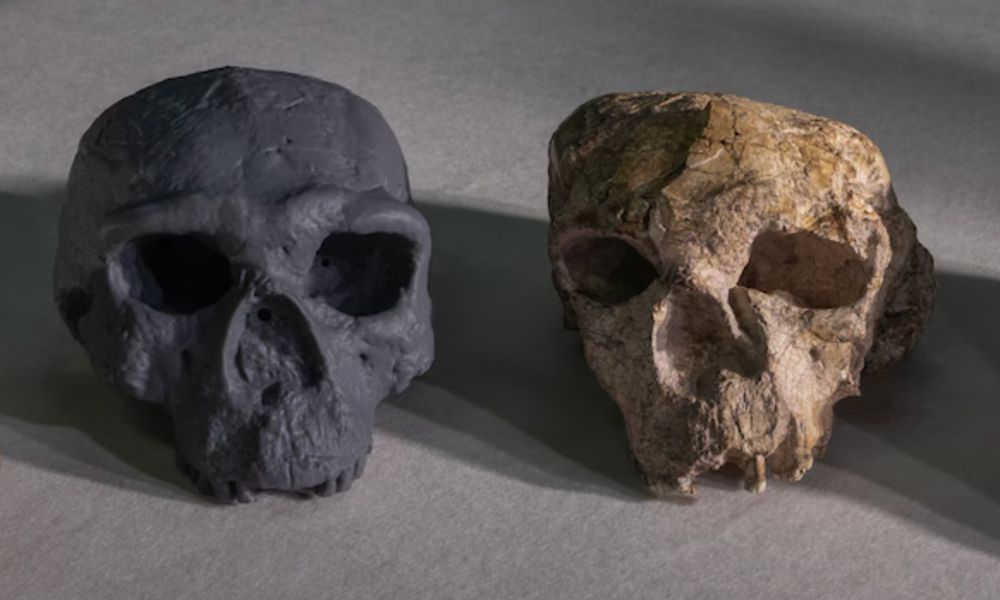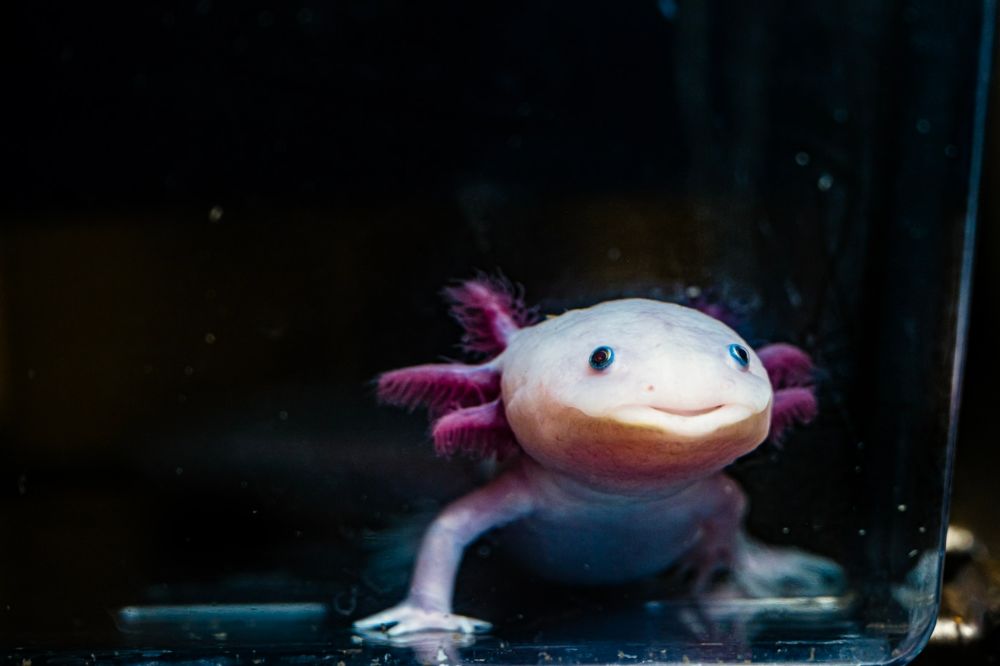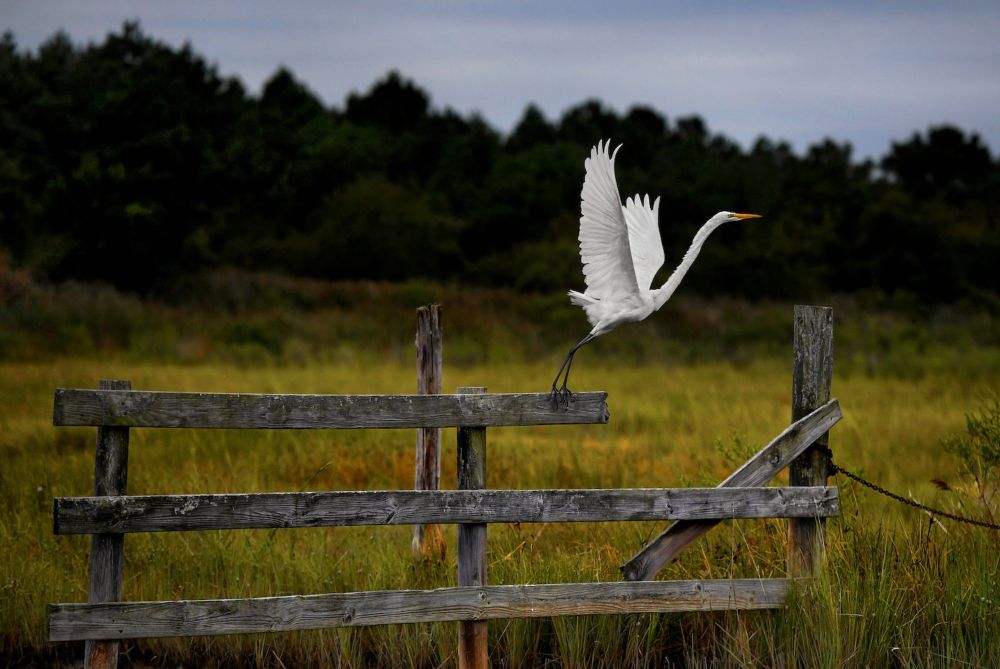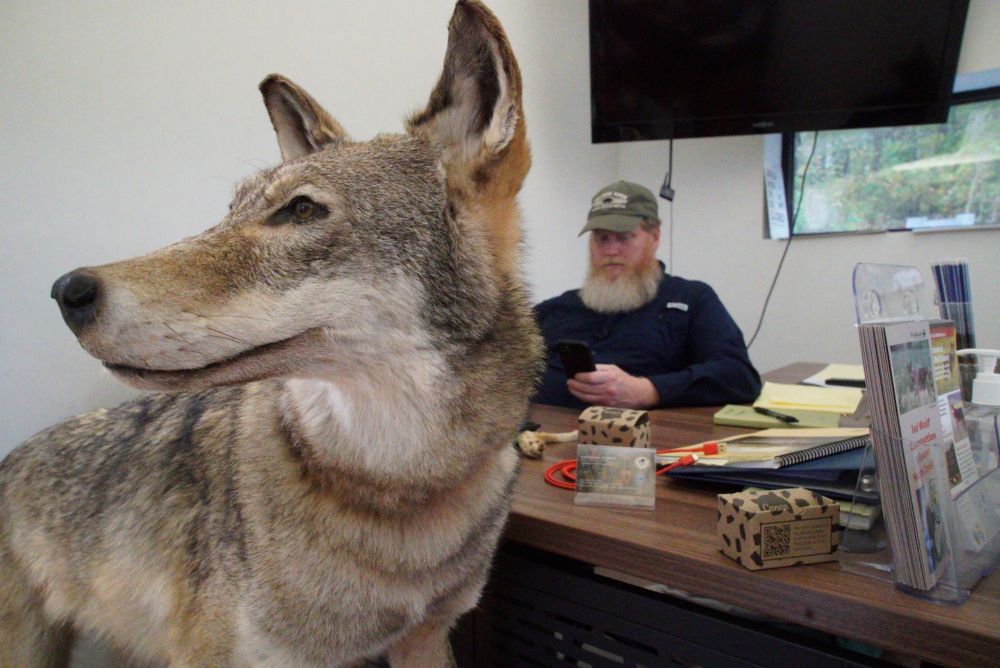https://www.washingtonpost.com/people/dino-grandoni/
Today, thanks to new research, we know they’re actually guardians against disease 1/5

Today, thanks to new research, we know they’re actually guardians against disease 1/5


🦖🦕☄️
But a question remains:
Were they the thriving kings of the Cretaceous right before impact?
Or were dinosaurs already in decline, with the asteroid merely delivering a knockout blow?

🦖🦕☄️
But a question remains:
Were they the thriving kings of the Cretaceous right before impact?
Or were dinosaurs already in decline, with the asteroid merely delivering a knockout blow?
Her startling observations about chimpanzee behaviors revolutionized not only scientific understanding of the capabilities and inner lives of primates, but also long-held notions about what it means to be human. https://wapo.st/476clLO

Her startling observations about chimpanzee behaviors revolutionized not only scientific understanding of the capabilities and inner lives of primates, but also long-held notions about what it means to be human. https://wapo.st/476clLO

So researchers decided to digitally reconstruct it, and came to a startling conclusion: Our species may be much older than once thought

So researchers decided to digitally reconstruct it, and came to a startling conclusion: Our species may be much older than once thought
If this has happened to you, you’re not alone. Artificial light is prompting birds to tweet for nearly an extra hour a day on average.
www.washingtonpost.com/climate-envi...

If this has happened to you, you’re not alone. Artificial light is prompting birds to tweet for nearly an extra hour a day on average.
www.washingtonpost.com/climate-envi...
For decades, we've relied on an extraordinary chemical in its blood to protect medical equipment from contamination, saving untold lives
For decades, we've relied on an extraordinary chemical in its blood to protect medical equipment from contamination, saving untold lives
Before long, the arms detach and crawl away zombielike
By the end, the starfish is nothing more than a puddle of goo (1/3)
Before long, the arms detach and crawl away zombielike
By the end, the starfish is nothing more than a puddle of goo (1/3)
From @dinograndoni.bsky.social
www.washingtonpost.com/climate-envi...

From @dinograndoni.bsky.social
www.washingtonpost.com/climate-envi...
But it may be within our grasp to suppress some mosquitos out of existence with powerful gene-editing tools
The big question now: Should we? Or is it ever ethical to deliberately drive a species extinct?
www.washingtonpost.com/climate-envi...

But it may be within our grasp to suppress some mosquitos out of existence with powerful gene-editing tools
The big question now: Should we? Or is it ever ethical to deliberately drive a species extinct?
www.washingtonpost.com/climate-envi...



Scientists say it should be a wake-up call for us since some of the pressures on birds — climate change, pollution, etc. — aren't good for people, either
www.washingtonpost.com/climate-envi...

Scientists say it should be a wake-up call for us since some of the pressures on birds — climate change, pollution, etc. — aren't good for people, either
www.washingtonpost.com/climate-envi...
From me & Jake Spring:
www.washingtonpost.com/climate-envi...

From me & Jake Spring:
www.washingtonpost.com/climate-envi...
Now, Trump is about to open it up to commercial fishing
www.washingtonpost.com/politics/202...

Now, Trump is about to open it up to commercial fishing
www.washingtonpost.com/politics/202...
The regulatory rollback opens the door to more logging, mining, oil & gas drilling, home construction and other ecologically damaging ventures
www.washingtonpost.com/climate-envi...

The regulatory rollback opens the door to more logging, mining, oil & gas drilling, home construction and other ecologically damaging ventures
www.washingtonpost.com/climate-envi...
Now, Trump's team is trumpeting the wolf as an argument for slashing regulations around still-living endangered species

Now, Trump's team is trumpeting the wolf as an argument for slashing regulations around still-living endangered species



